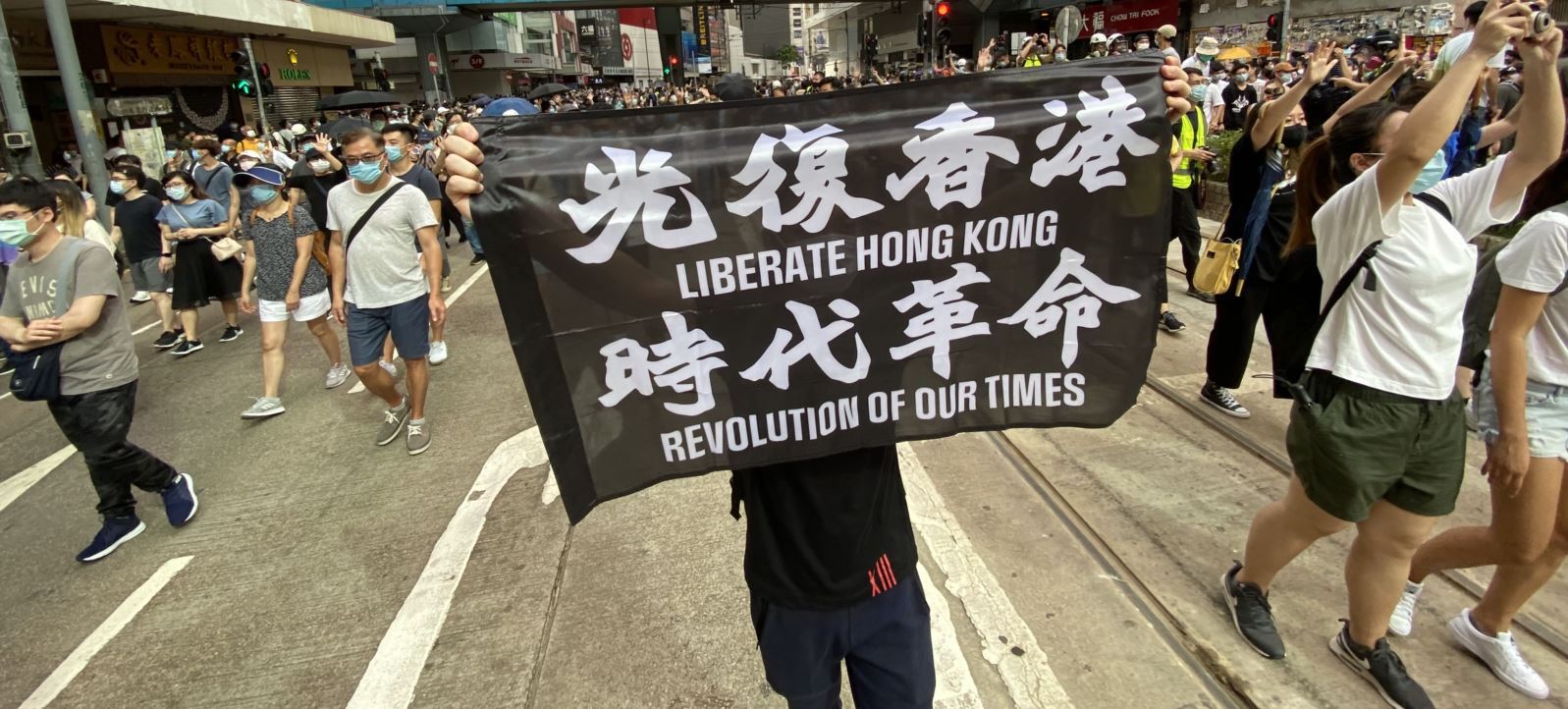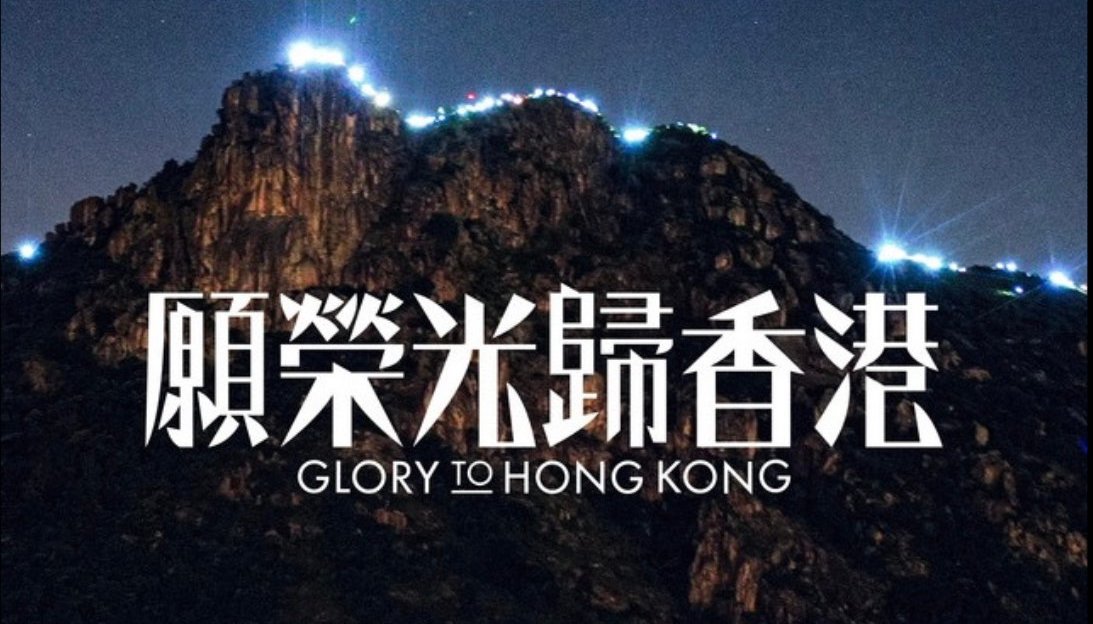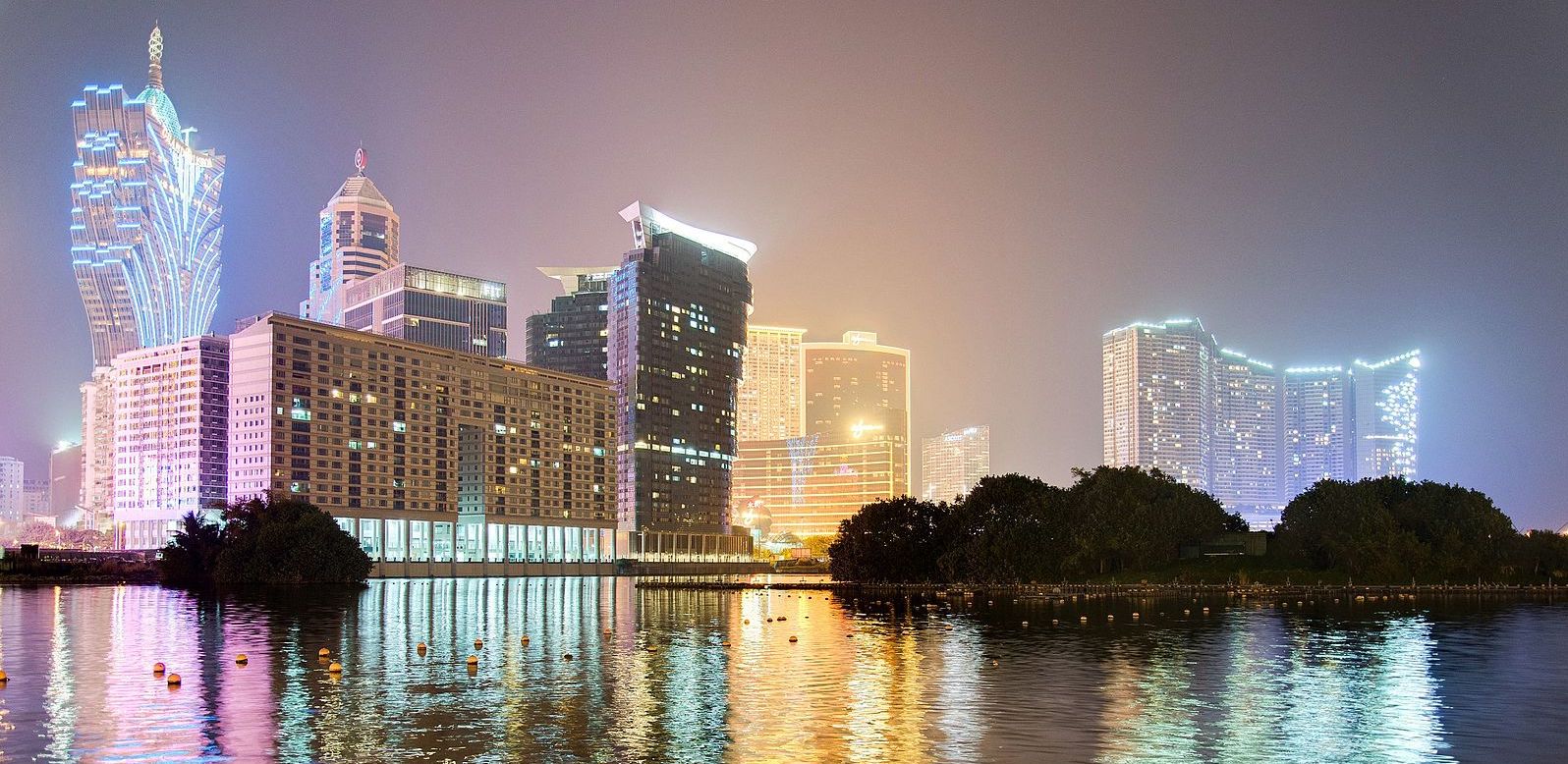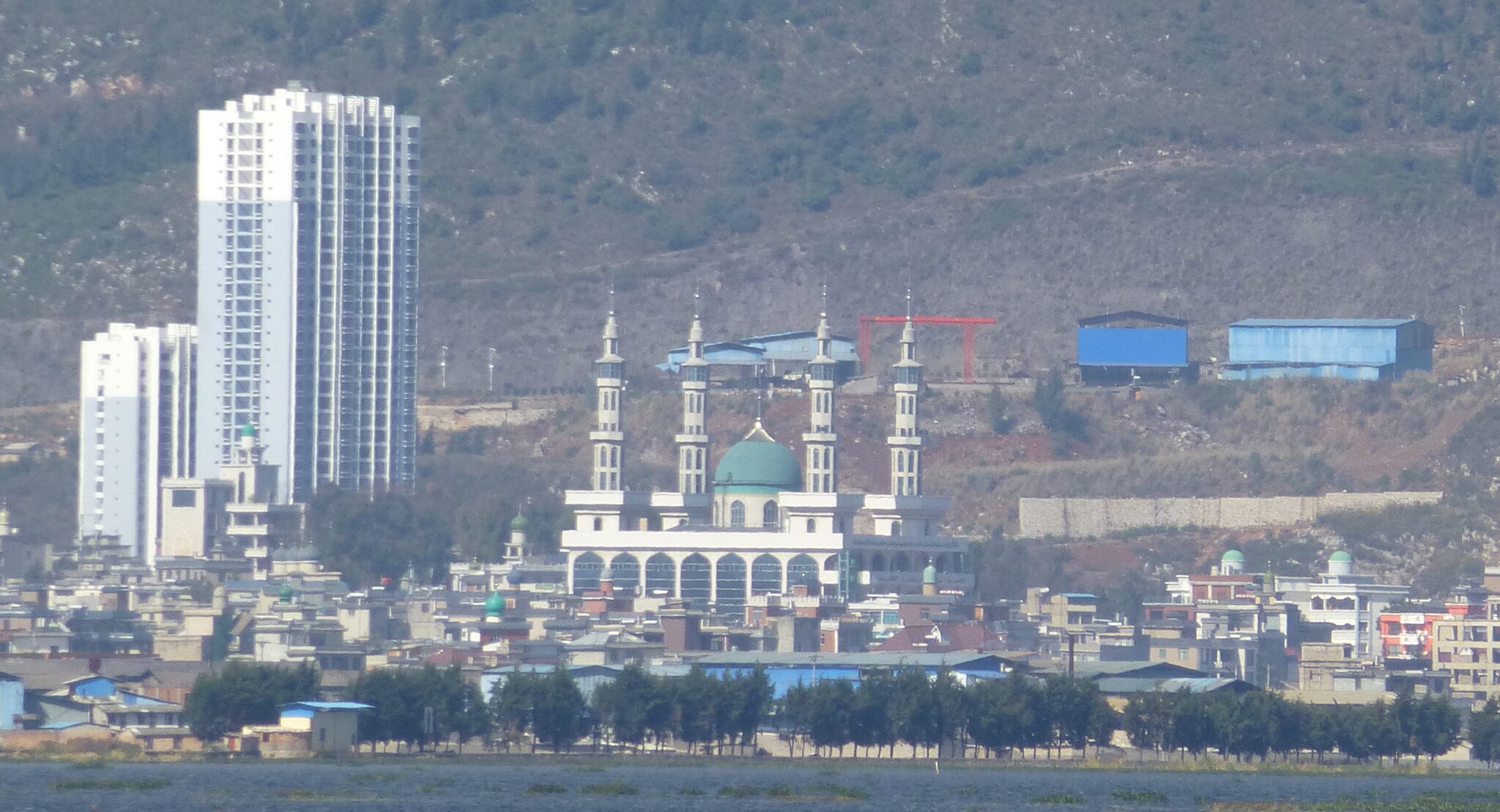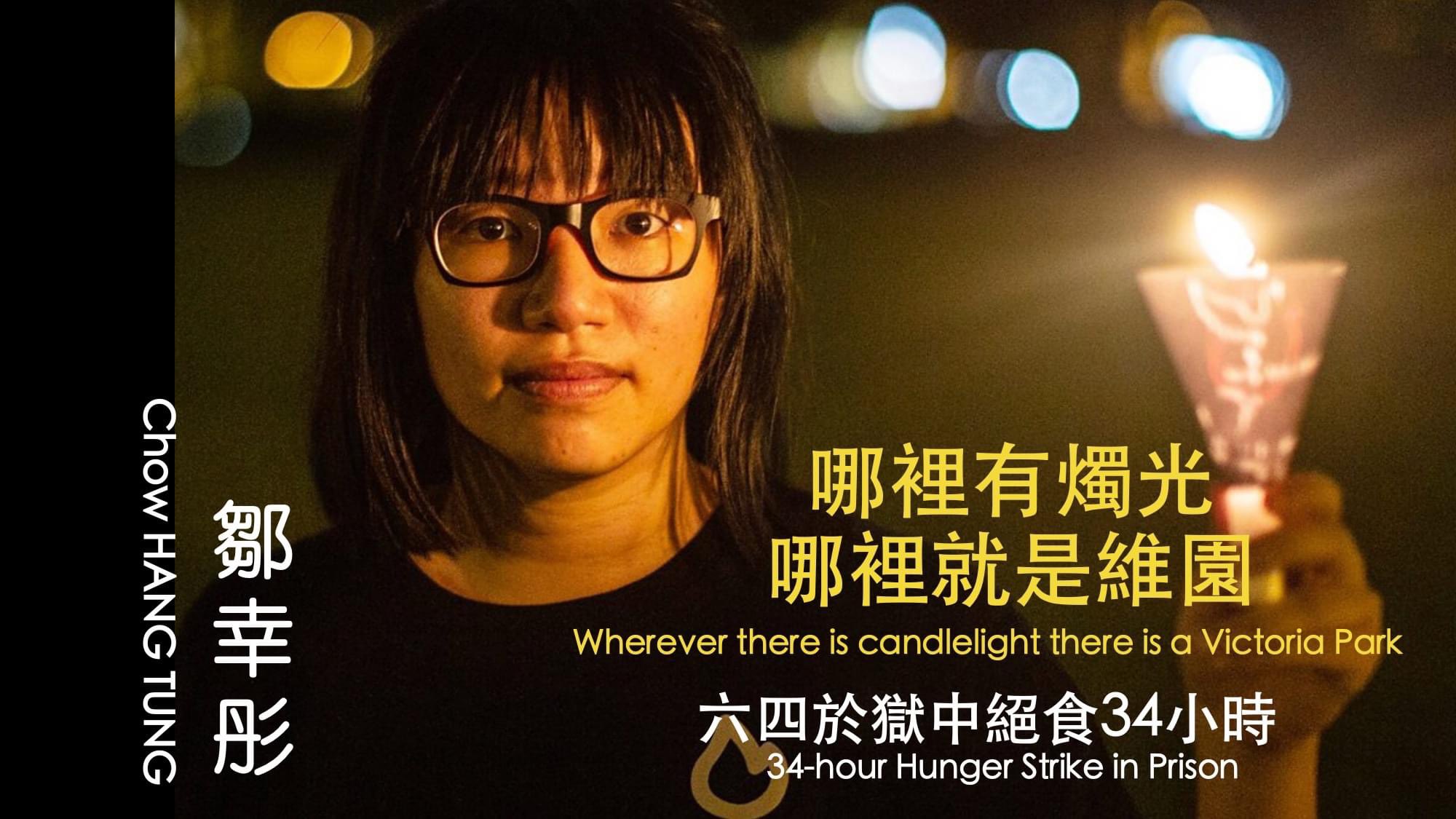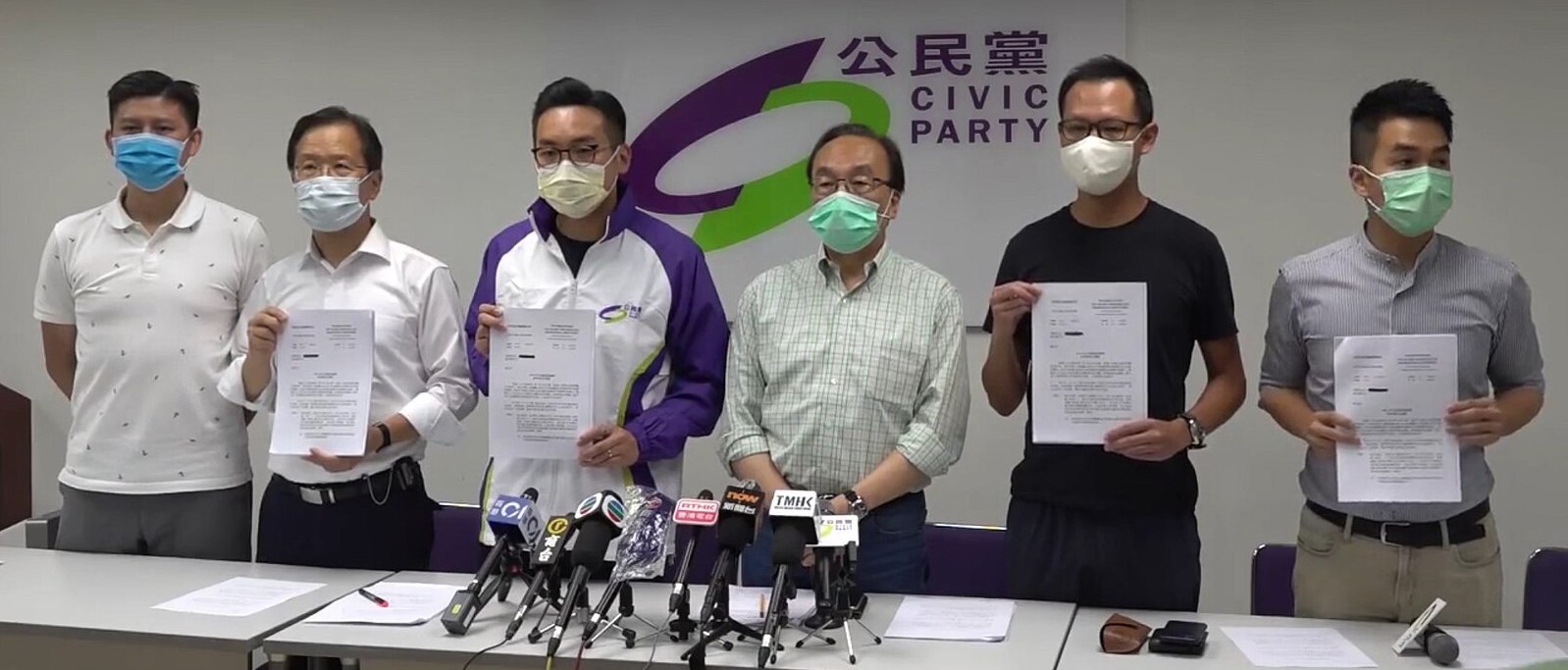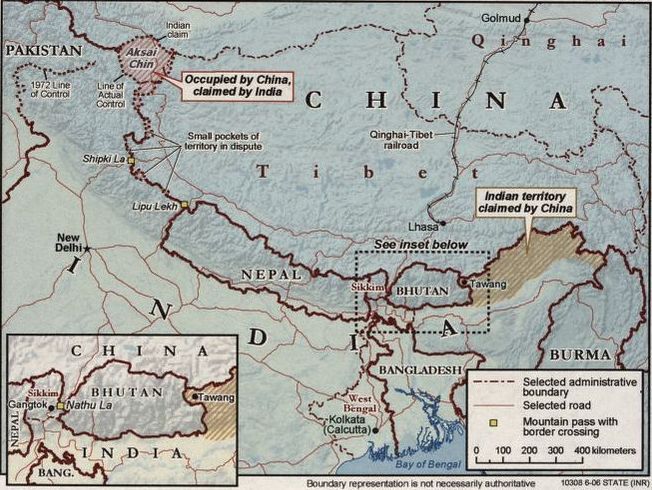
Podcast: Himalayan fault lines in BRICS
In Episode 189 of the CounterVortex podcast, Bill Weinberg notes that despite all the tankie pseudo-left enthusiasm for the BRICS summit in South Africa, the notion of a unified bloc against Western hegemony is illusory. The Johannesburg confab was immediately followed by a diplomatic spat between China and India, sparked by Beijing’s release of an official map of the territory of the People’s Republic—showing two Himalayan enclaves claimed by India as Chinese territory: Aksai Chin and Arunachal Pradesh, which have both been the scene of border skirmishes in recent years. The map also shows an island in the Amur River, by mutual agreement half controlled by Russia, as entirely Chinese. Moscow, depending on China’s acquiescence in the Ukraine war, has lodged no protest over this. But the border disputes between nuclear-armed India and China have the potential to escalate to the unthinkable. Listen on SoundCloud or via Patreon. (Map: CIA via Wikipedia)




